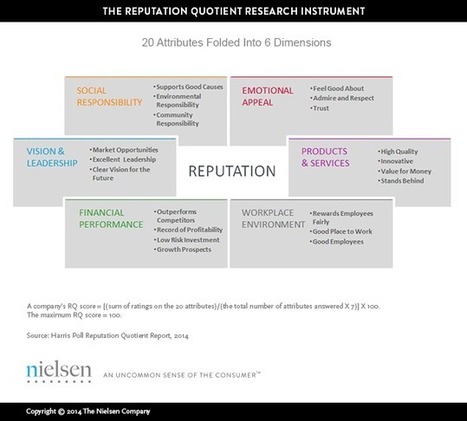Scholars in public relations have contended that organization-public relationship (OPR) quality has multiple dimensions, including the oft-cited list of trust, satisfaction, control mutuality, and commitment. The concept of OPR quality is assumed to be positive (Heath, 2013), which nevertheless does not describe relational problems in reality. In this blog post, I introduce an additional side of OPR quality—distrust, and how it differs from trust.
Distrust is often considered as simply the opposite of trust by organizational researchers and excluded as a component of OPR quality in the public relations literature. However, distrust is not the absence of trust. For example, an employee may have both low levels of trust and distrust in his or her colleagues who resemble casual acquaintances in the organization. They only occasionally cross paths with these coworkers. They are not confident in or very watchful of these relational partners. Also likely the employee could feel both high levels of trust and distrust in his or her superiors. They trust the management, as representatives of the organization, in some aspects but distrust in other aspects.
In an employee survey (N=583), I tested distrust as a new dimension of OPR quality (Shen, in press). I found that both distrust and trust were distinct from each other. The study suggested that OPR quality is not inherently positive. Employees may perceive sinister intentions of the organization’s conduct. Even those who highly trust their employing organizations do not necessarily perceive low distrust, and vice versa. Employees could feel confident about the organization’s capabilities—trust, while at the same time they are skeptical about whether the organization keep employees’ interests in mind when making decisions—distrust....



 Your new post is loading...
Your new post is loading...















IPR research paper looks at how distrust impacts organizational relationships